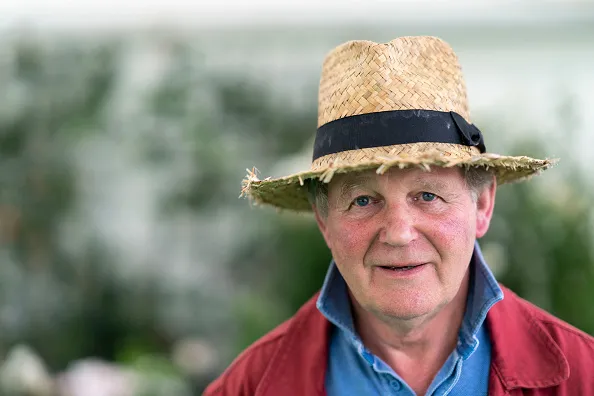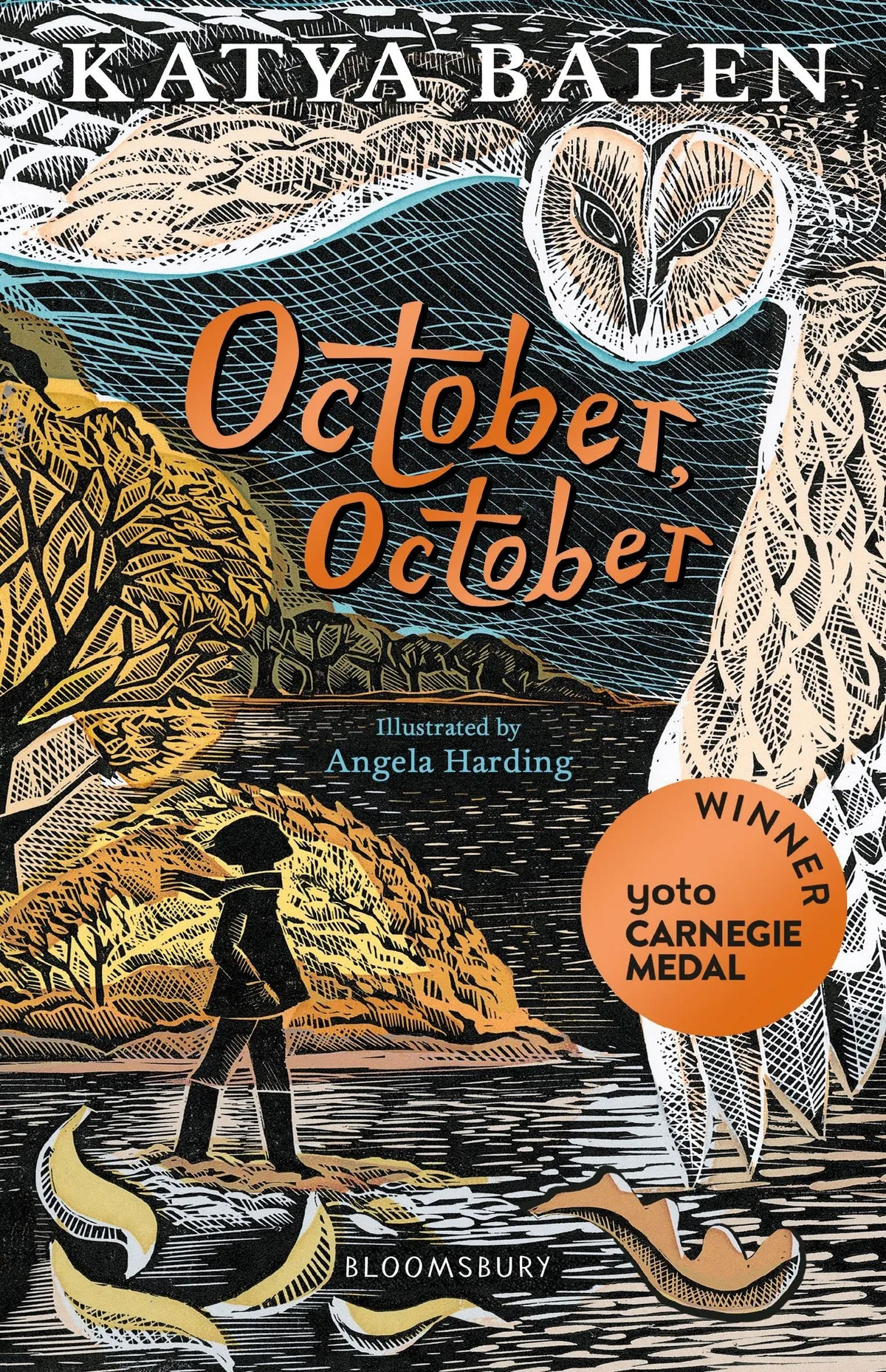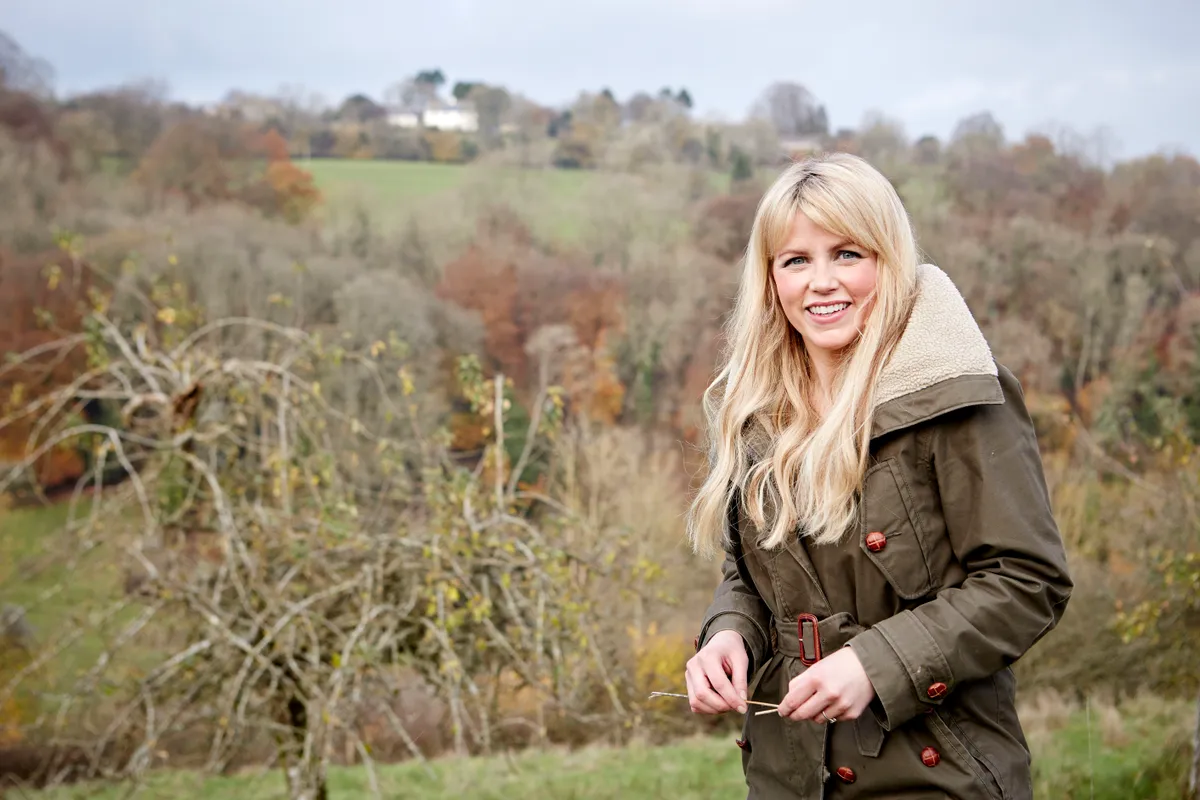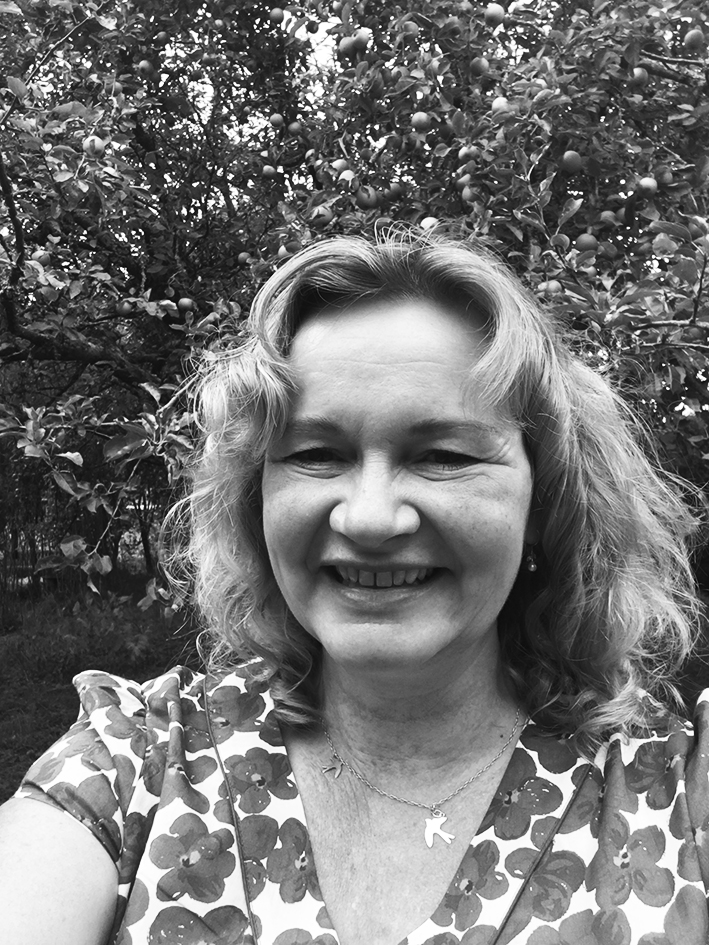Books are a wonderful portal into the countryside, as well as a view from inside it. As a reader, writer and a school librarian who dreamt of being a farmer, a vet, a wildlife warden: the power of fiction to bring a world into vivid life, to place ourselves in it and see it from others’ points of view, is life-shaping.
Stories are everything. Through them, we connect, learn, remember and relate as human beings; whether through stories handed down, confessed softly at a gatepost, shouted down from a tractor cab or read. In the countryside, stories can make sense of, or illuminate, a sometimes lonely life, where there is plenty of time to ruminate, doing physical work, and little time to stop and chat.
As a child, I devoured books set in the countryside and found they took me further: to other countries and lives, the past, my own present, to gaps between worlds. All through the prism of the rural. I began with animal stories, loving the deep husbandry of Joyce Stranger, the historical novels of Rosemary Sutcliff, the beguiling, ancient magic of Susan Cooper’s The Dark is Rising, and the story of environmental refugees in Watership Down’s rabbits. They backlit and overlaid a beloved landscape in deep-tilled layers.

In a rural working environment, reading was often met with deep suspicion. Flora Thompson’s semi-autobiographical Lark Rise to Candleford community regarded her reading as time-wasting, distracting and above her station. My Nan, daughter of an itinerant farmworker, thought the same of my reading and poured scorn on it. “You’ll not get real life from books!”
At the rural secondary school I work in, those attitudes persist stubbornly among some, who cannot marry the point of reading with their intentions to work on the land. One farm lad, who regaled me with stories of wild rides on his pony, refused to read until we found common ground in Farmer’s Weekly. An article on the foot and mouth outbreak of 2001 triggered remembered family stories. I found Out of the Ashes by Michael Morpurgo, set on a Devon farm in that terrible time, and he was hooked.
For those young people not in a home surrounded by books and people that read, it’s hard for them to see it as the valuable, growing, enriching tool that it is, validating and celebrating their sometimes isolated country lives and showing them other horizons. How better to learn to consider others’ opinions, weigh your own and make informed decisions with autonomy?

As adults, we often default to recommending the books we loved to children. While there’s nothing wrong with that, much will have changed in language and context. By all means, give them Swallows and Amazons, but give them a recent book, too. Authors know ‘where it’s at’ and their books will be relevant, inclusive and relatable for a new generation. There is a growing wealth of rural or nature-based books out there, from the lyricism of Katya Balen’s October, October, the eco-fiction of Sita Brahmachari’s Tender Earth to the poignant wildlife championing of Gill Lewis.
Dr Rudine Sims Bishop said famously, books should be “mirrors, windows and sliding doors” for readers: portals in which to see ourselves, others, and to walk into different realities. Books are ways to read landscape and lives, that might not otherwise be accessible or heard. They can provoke a deeper insight, spark curiosity, imagination and empathy. And who knows where those gateways might lead?

